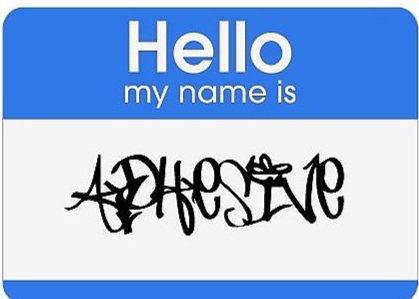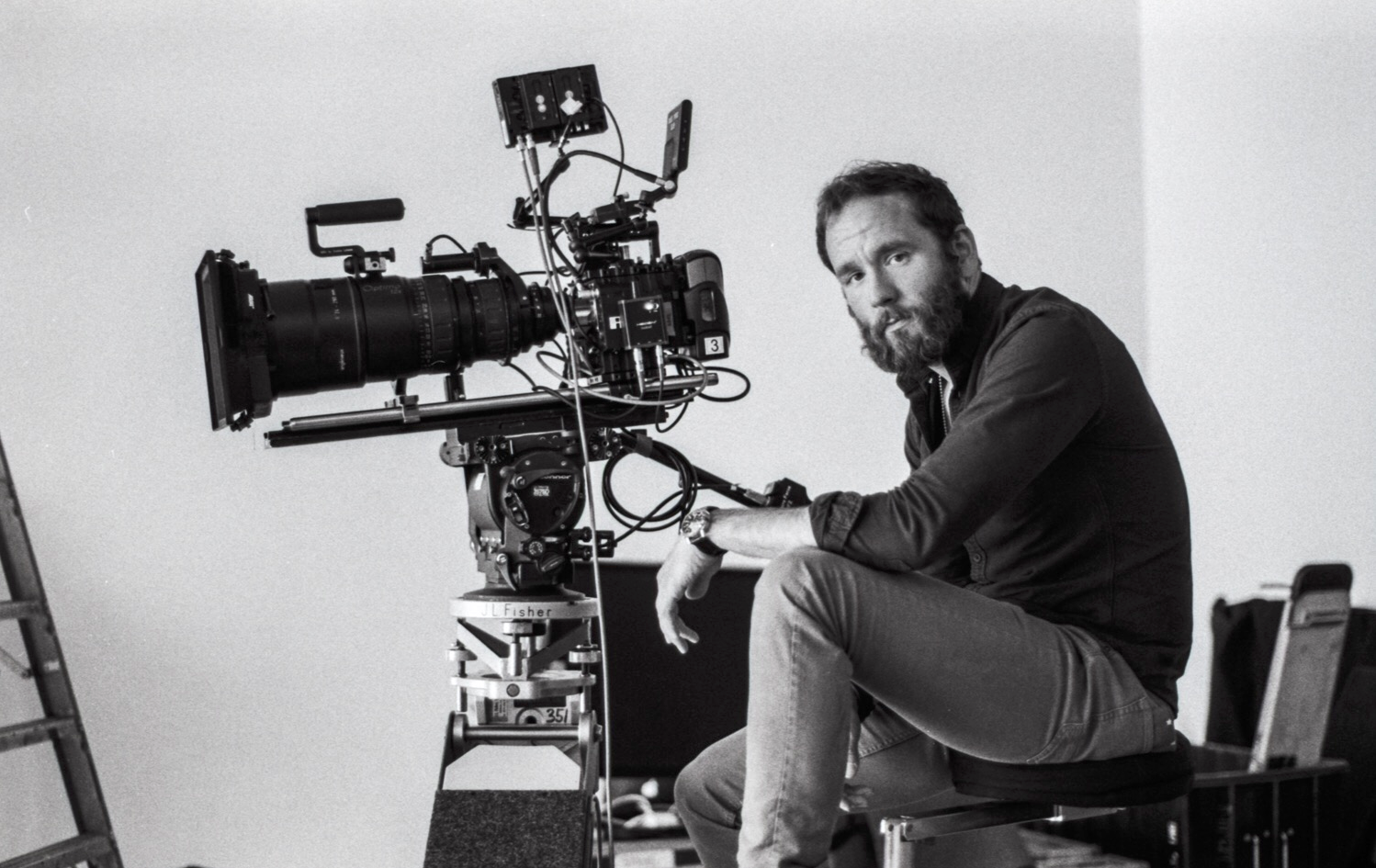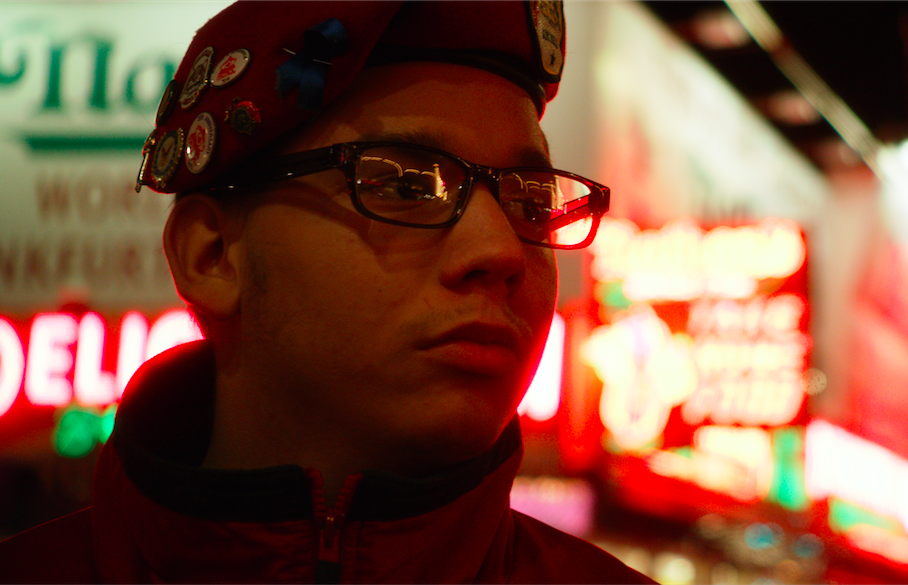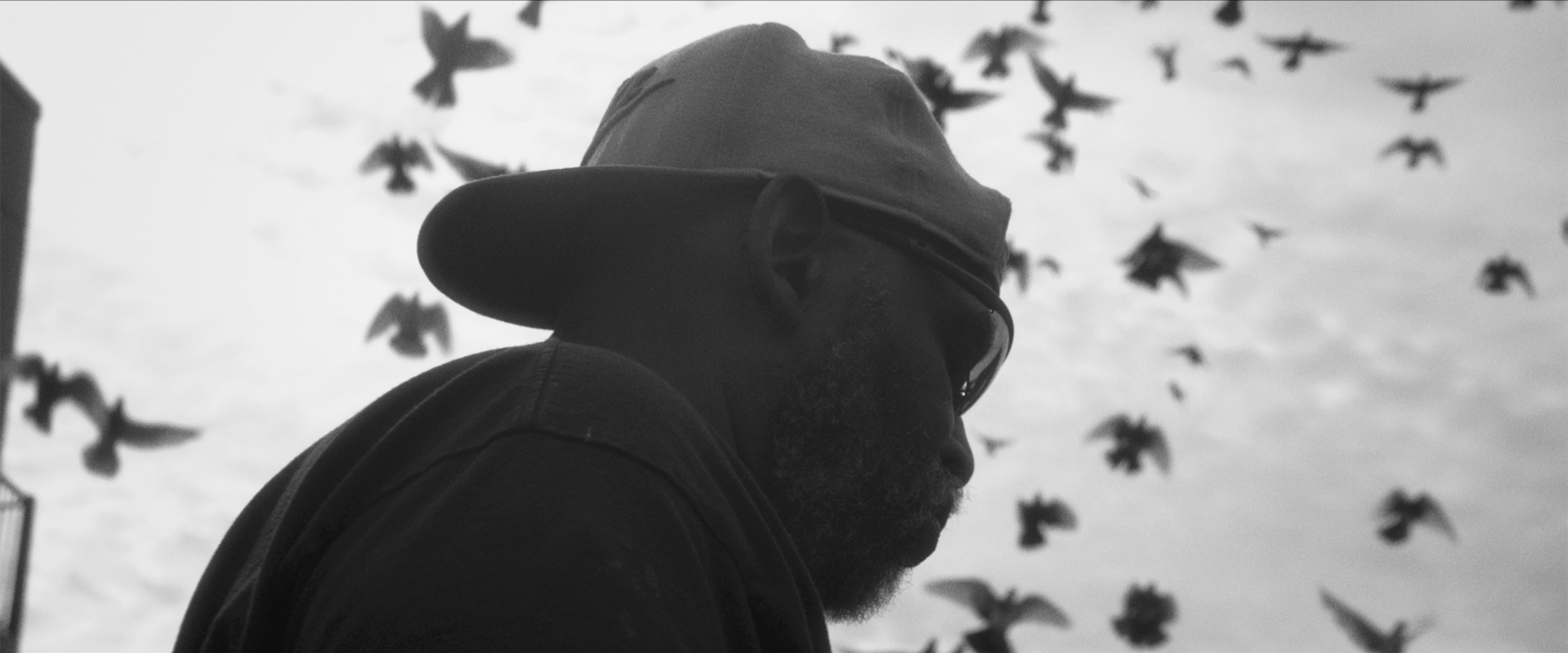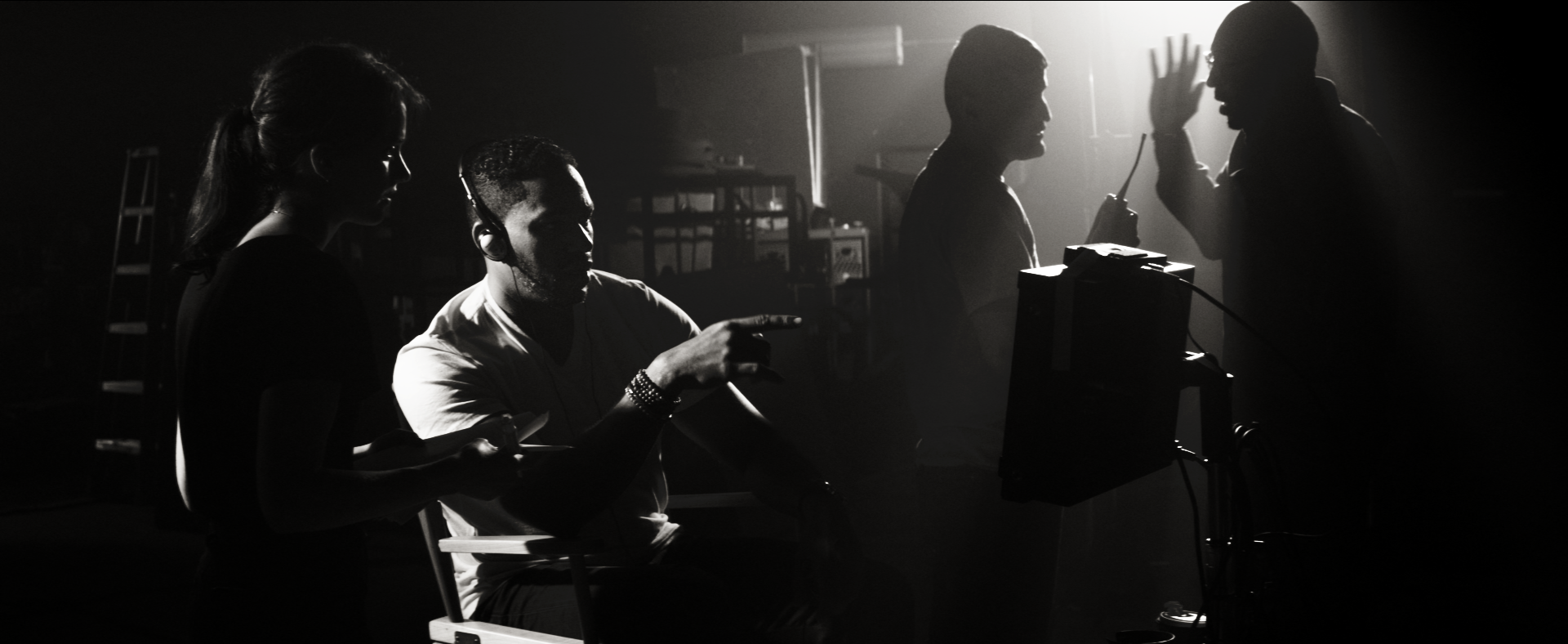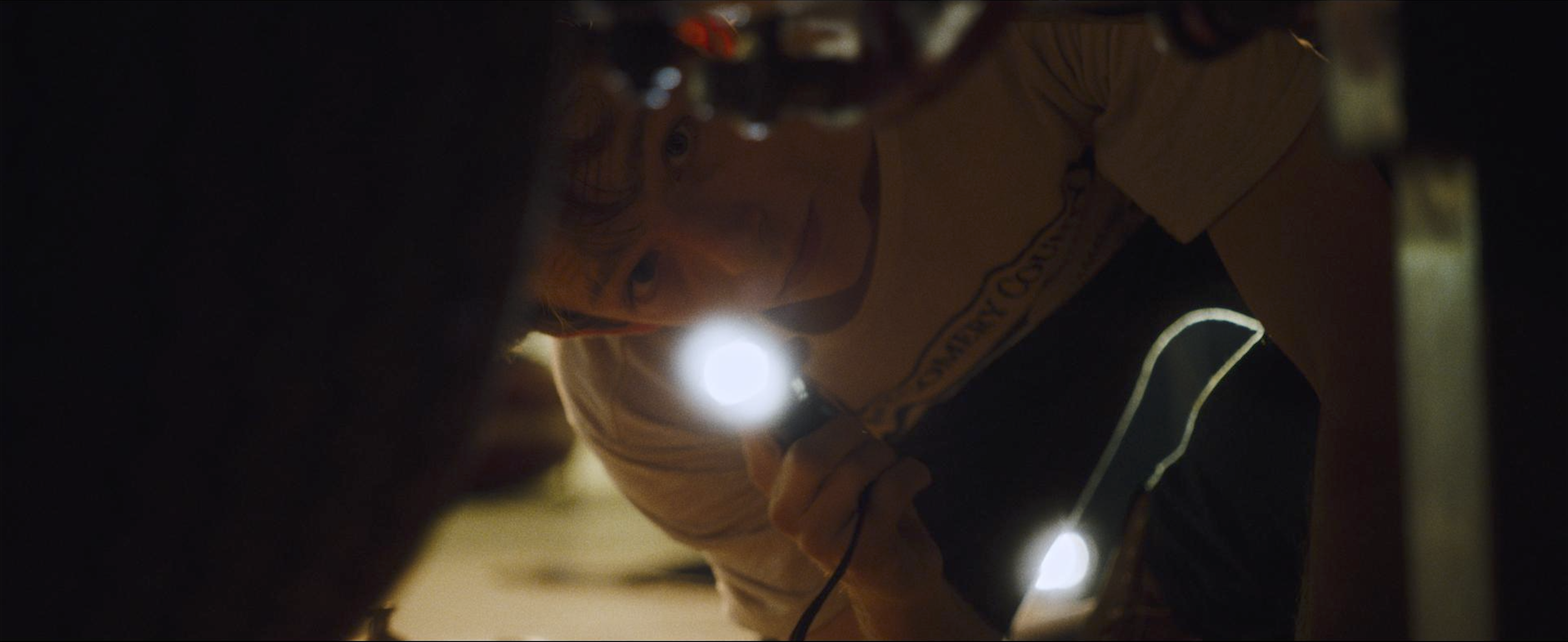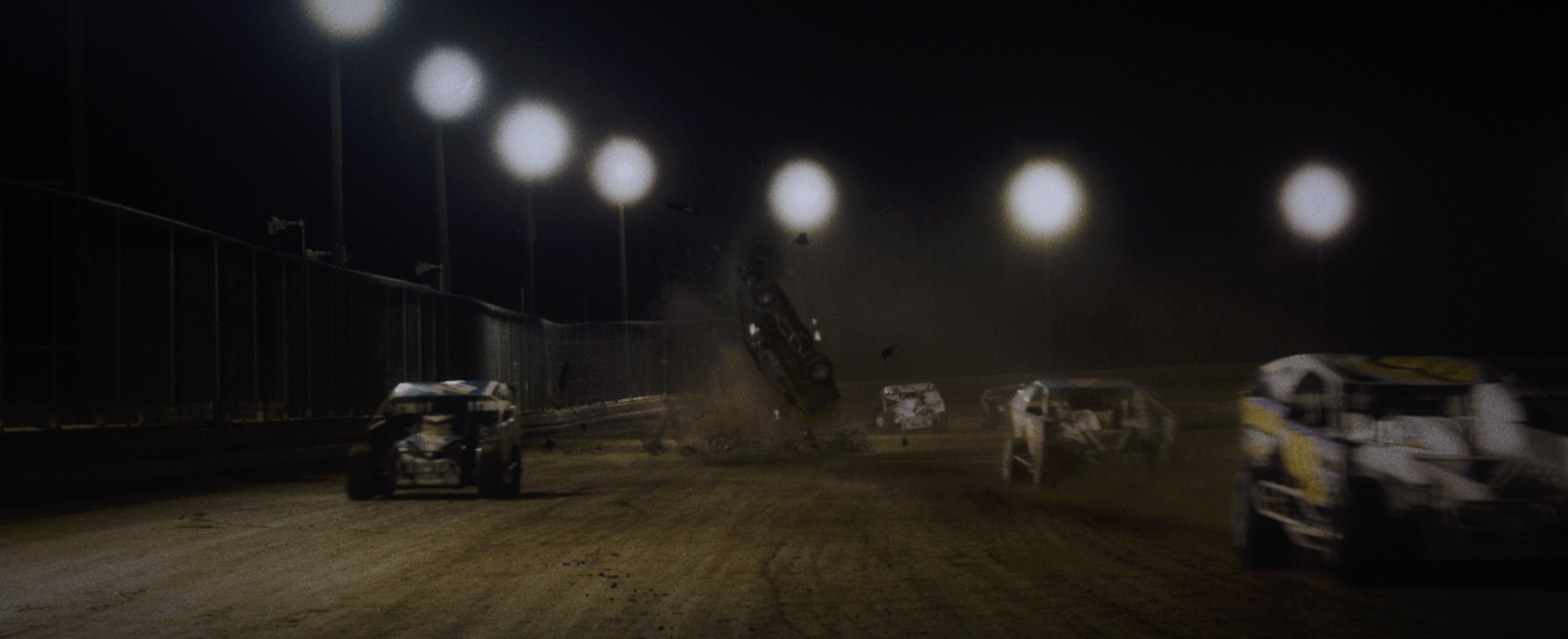What do the words "Creative Community" bring to mind for you? How do you feel is the best way to utilize members in a Creative Community?
I think it comes down to who you choose (or are lucky enough to) surround yourself with as an artist and thinker. That first ring - the innermost circle of any creative's community is always going to have the majority of influence, and that's why it's important to engage with people who help you grow and challenge you, but then I think it radiates outward to people you don't know but have an influence just the same, i.e. movie/commercial directors, artists, writers, musicians, etc.It dawned on me recently, at my first ever trip to SXSW earlier this year, that I was completely surrounded by my Creative Community, even though I was crashing SXSW on a whim and didn't really know anyone. We were all in this business, in one respect or another - together. Once I took ownership of that, I found myself comfortable and confident engaging with anyone and everyone because I knew we all shared for the most part - the same goals and aspirations. Once you've made those connections, the best way to utilize them is to understand what people work best for whatever you're working on at the moment. Not every project is right for everyone, so having a deep bench of peers and collaborators helps to hone in on who and what will work for whatever you're currently concentrating on.
What are you working on these days?
I recently released the first episode of season two in my ongoing documentary web series, "NYChapters" (www.chapters.nyc) and we've started the edit on episode two so that should be released pretty soon. NYChapters has been a really rewarding personal project for me - it's nice to be able to create films that resonate with people in between commercial jobs and larger, more ambitious projects.I'm also writing my first feature film, "Street Legal" inspired in part by my short film "Yellow" which did well in it's festival run last year and led to people asking if there was a feature in the works, so this would be the answer to that demand.Lastly, I'm working on the book for a photography project I began in the summer of 2015 called "Transient Encounters" wherein I photographed folks across the US and Mexico over the course of a two month long solo cross country motorcycle trip. I've added to the series on follow up solo motorcycle trips since and am compiling stories and photographs for the book project from all the trips.
What was your first “Big Break” in your profession?
I was brought on as the cinematographer for a series of Dior Homme commercials with Willy Vanderperre shooting the stills. Those films got my foot in the door shooting for luxury brands at a pretty early stage in my career. Having that on the reel helped create opportunities I took advantage of and had certain creative directors take a kid fresh out of film school, a bit more seriously.
Top 3 Tips you would give someone starting out in your creative profession:
ALWAYS Listen - keep your ears open on set at all times. You can anticipate a hell of a lot on a shoot if you stay alert to what people are talking about. It's the little conversations between the creatives, director, cinematographers and producers that should cue you in to what's coming. Armed with that knowledge, you can anticipate what's next and be in the right place when it's time, with whatever gear or materials your particular job is in charge of. When you're there and ready without being told or having your hand held THAT's what separates the proactive people on a set from the rest, and those are the people who I bring up through the ranks.
ALWAYS follow up - this is a simple one. You should always send a brief email to whoever your superior was on the job to thank them for the gig and hope to work with them again. This rule applies throughout any role in production, and I find it a great way to stay on the radar of the folks you work with. On the flip side, I always email my crew after a job thanking them for coming out and being a part of the project. It's a two way street, everyone likes to have their work and efforts recognized - it doesn't stop when you're the director.
ALWAYS work on your craft - it's easy to become complacent once bigger jobs come in and things aren't quite as hard as they were when you first started. This is when a lot of people fall into a comfort zone, shooting what they've always done and are good at, and stop pushing themselves. It's a TRAP. Don't be one of those people. You should always strive for more - whether that means creating a new outlet for yourself in between jobs (like my documentary series does for me), or writing a short film or feature, taking a trip somewhere you've never been for inspiration, etc. Don't stagnate just because the paychecks are coming in now.
What is your MOTTO in life?
Eyes on the horizon.
What is your guiltiest pleasure?
I love terrible movies and I just discovered "The Room" (I know, I'm late to the party on this one). If you haven't seen it, check it out - it's crazy.
What would be your Networking Do's & Dont's?
Do meet as many people as you can, and keep the conversations brief but effective. You want to make an impression but not overwhelm people with all your wonderful work and achievements, that gets boring quick.Don't be an asshole. Treat everyone with respect, people remember if you were a dick to them on set and that will come back to bite you ten fold. I've seen people with awful attitudes treat PAs and others on set poorly, and a couple years later, were begging them for a meeting...
Full Name: Alexander Hankoff
Profession: Writer, Director, Cinematographer
Industry: Commercial & Film
Website: www.alexanderhankoff.com
Facebook: https://www.facebook.com/alexander.hankoff
Instagram: @hashtaghankoff
Twitter: @a_hankoff
